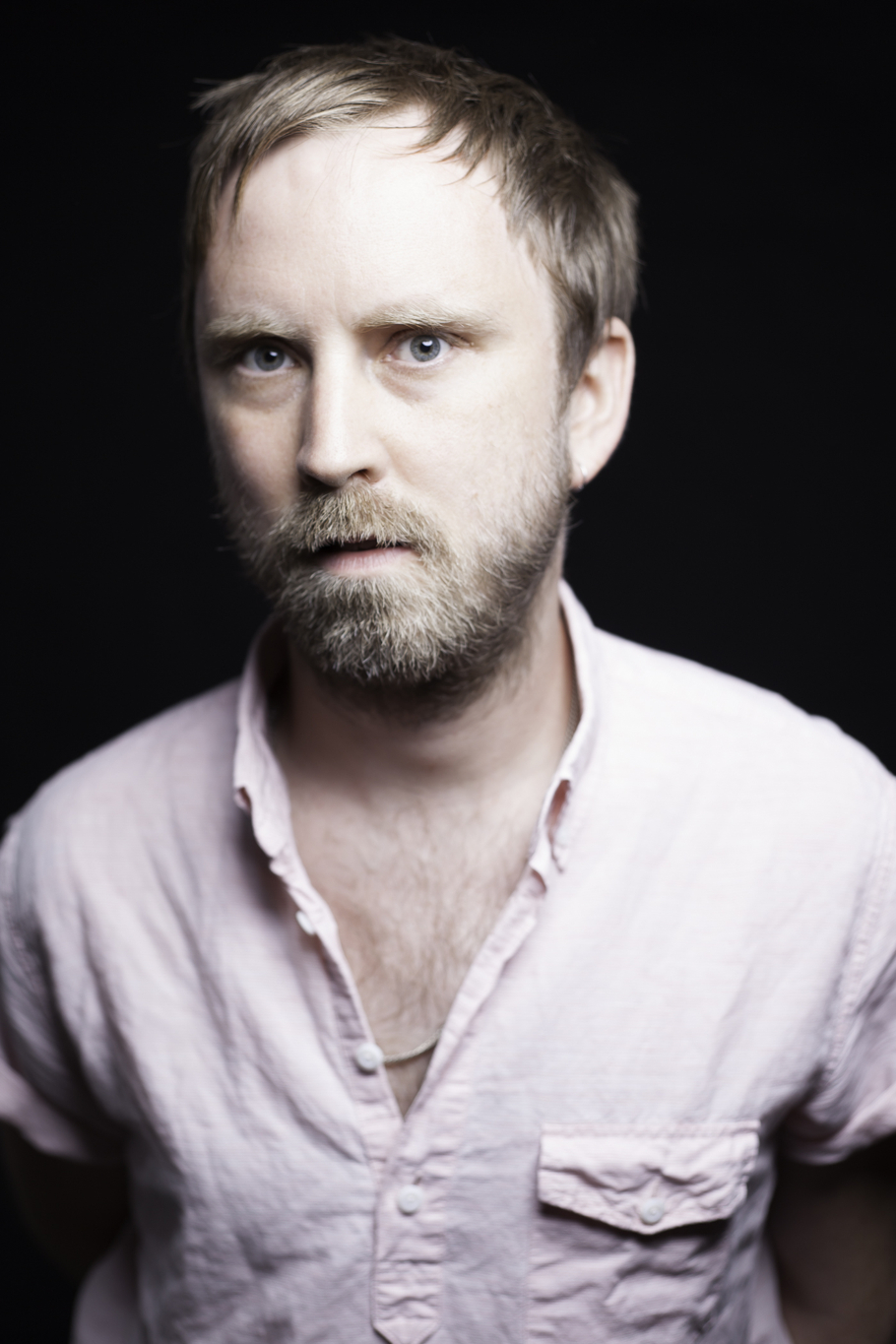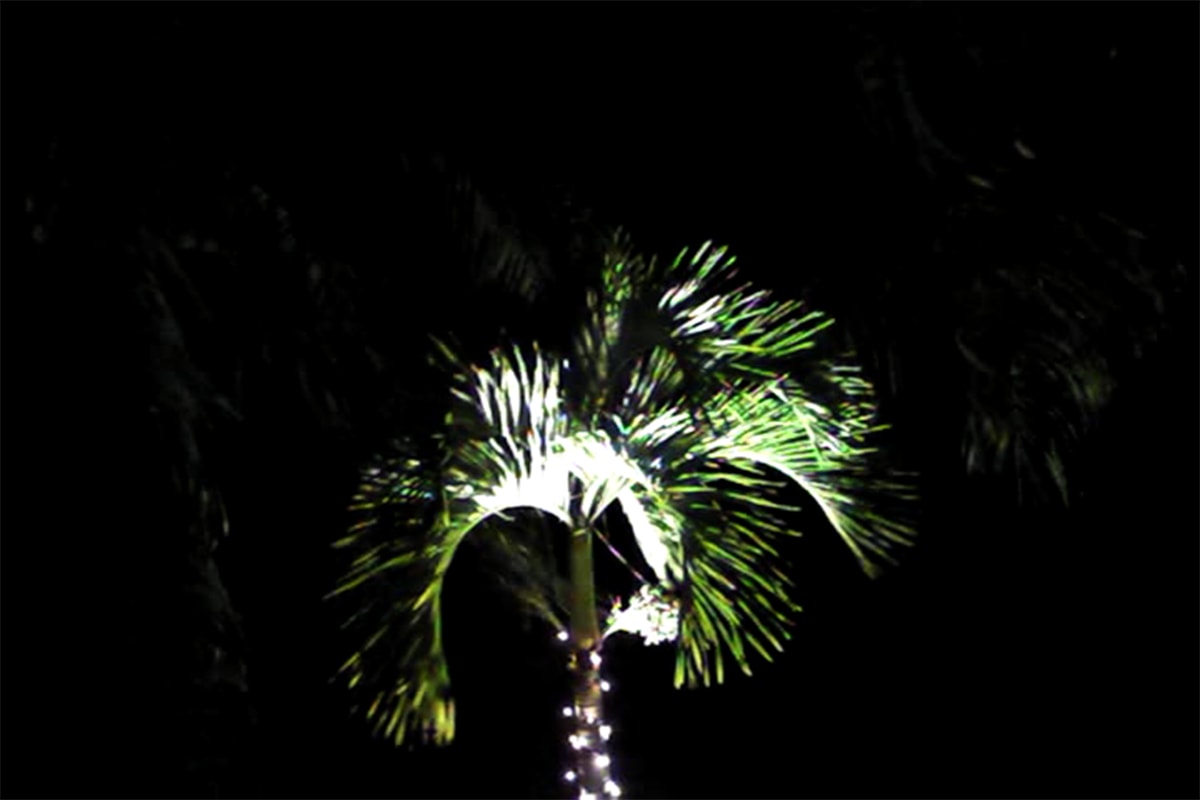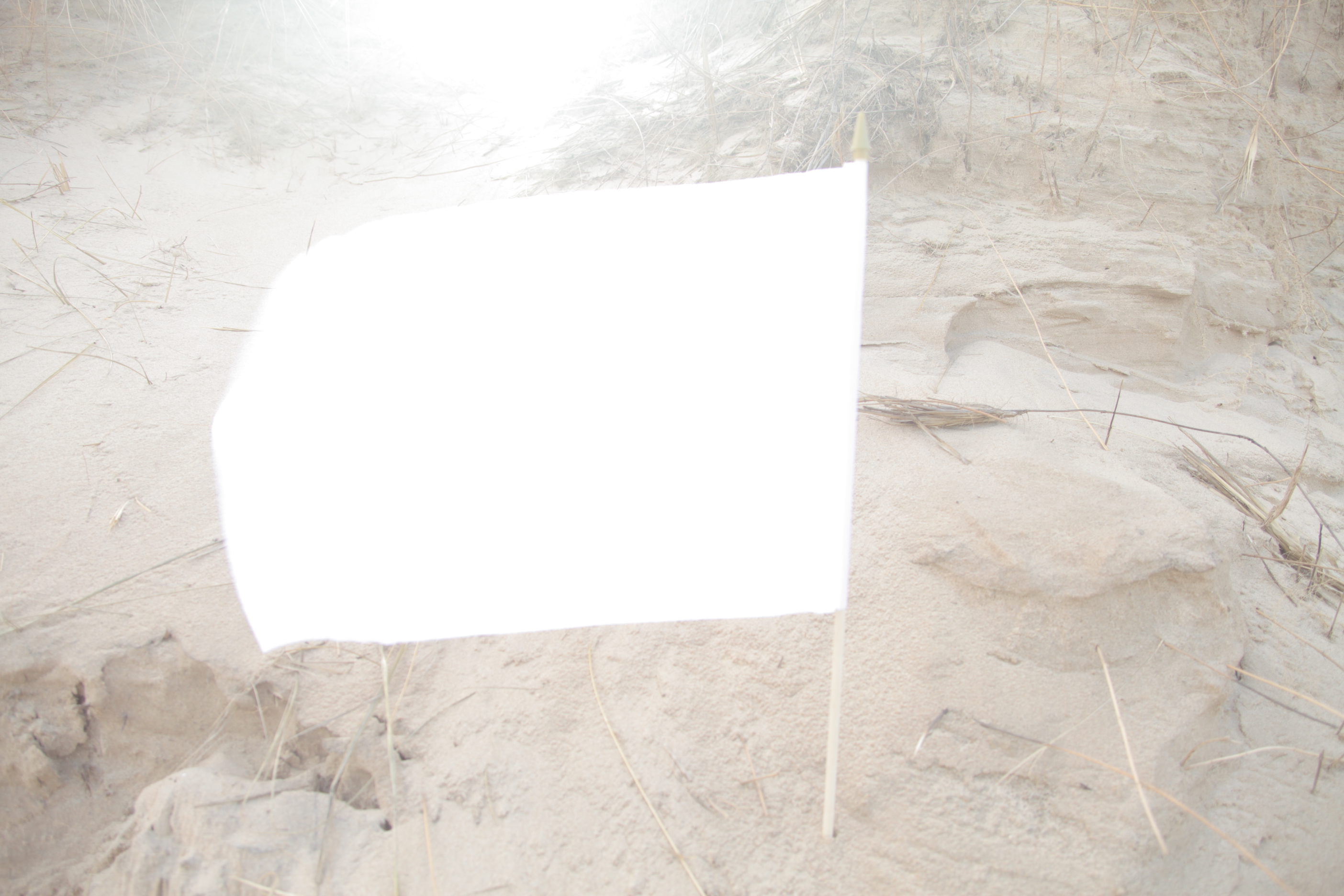For the last decade, Chicago-based artist and organizer Latham Zearfoss has built a multifaceted body of work that unites themes of love, community, family, political legacy, personal agency, and collective action. Their poetic and pop-infused videos mine the territory between reason and emotion, public and private action, the extraordinary and the everyday. In HOME MOVIE (2012) cell phone videos of social gatherings and public performances are layered with close-ups of nature life, naked bodies, and domestic interiors to form a kaleidoscopic notion of home–as a shared space, a sense of belonging, and site of intimacy. In extrae (2016) shots of cats, unmade beds, and dried flower petals are paired with an irreverent ode to Tyrone Garner, one of the plaintiffs in the 2003 supreme court case that overturned archaic sodomy laws throughout the US. Zearfoss presents a collection of videos spanning the last decade, including the premiere of two new works, Goth Party and White Balance. (Amy Beste, 2018)

- This event has passed.
May 27, 2018 at 7:30 pm
Home Movies
Screening to be followed by discussion with Latham Zearfoss moderated by Farihah Zaman
Program
Goth Party
Latham Zearfoss w/ Matt Joynt & Rashayla Marie Brown, 16 min., 2018
Love is a Stranger
Latham Zearfoss & Mary Helena Clark, 4 min., 2012
Three Scenes from Last Summer
Claire Arctander, Rami George & Latham Zearfoss, 4 min., 2014
For Christina Taylor Green
Latham Zearfoss, 7 min., 2011
This video loosely takes the form of a PSA, interviewing children on their notions of government and public policy. For Christina Taylor Green takes its cue from a line in President Obama’s speech at the memorial service held for victims of the shooting in Tuscon in January of 2011.
Extrae
Latham Zearfoss, 5 min., 2016
An essay film that uses bastardized documentary conventions, dubious factoids, and erotic enticements to contextualize the little known story of Tyrone Garner, a heroic sodomite.
I Give You Life
Latham Zearfoss, 12 min., 2010
Explanation 1: I never expected to make a video about Matthew Shepard, or Matthew Shepard’s father, for that matter. But, after making this for reasons I’m still discerning, I can now see that we left something behind back there in 1998 — a collective void, perhaps, that keeps widening with every murdered queer kid.
Explanation 2: This piece takes the form of a loose conversation, held between multiple mediated voices or perspectives and centers around multiple voids: the blank screen (filled), the absent vocalist (filled), losing a loved one (unfilled), discarded edits (partially filled), justice (partially filled).
HOME MOVIE
Latham Zearfoss, 7 min., 2012
“This video held the working title “RECYCLE BINGE” for quite some time. Fitting, since I was trying to find a creative use for all this video footage I’d acquired through shitty cameras and cell phones and a few not-so-shitty cameras too. “HOME MOVIE” is the resulting work, an attempt at aestheticizing the contradictory impulse to capture and record moments that are either personal or of little interest to a public audience.”
White Balance
Latham Zearfoss, 10 min., 2018
This experimental documentary seeks out moments of cognitive dissonance around the multifaceted, liberal ideas of whiteness. Further, it questions how power circulates as ideology, via material and immaterial means. Paired with an unnerving original score, the camera lands on episodic vignettes that unpack white identity as a socially constructed set of power relations, and the color white as an aesthetic experience ranging from humdrum to stunning to repulsive.
Something to Move In
Latham Zearfoss w/ Joel Midden, 5 min., 2014
Commissioned by the Chicago Film Archives, this musical manifesto remixes late 1960s political dialogue with modern dance to resuscitate a bygone revolutionary thrust
70 min

Latham Zearfoss is a Chicago-based artist and cultural producer. They produce time-based images, objects and experiences about selfhood and otherness. Outside of the studio, they contribute to collective motions toward joy and reflection through social projects such as a queer dance party (Chances Dances) a critical space for white accomplices in racial justice movements (Make Yourself Useful) and an itinerant conference on socially-engaged art (Open Engagement). Latham graduated from the School of the Art Institute of Chicago with a BFA in 2008 and the University of Illinois at Chicago with an MFA in 2011. They have exhibited their work, screened their videos, and DJed internationally and all over the U.S. www.lathamzearfoss.org
@lathamowen on Instagram

Farihah Zaman is a Brooklyn-based filmmaker, critic, and programmer who is currently the Production Manager for Field of Vision. She began working in the industry as the Acquisitions Manager for indie film distribution company Magnolia Pictures in 2006. Her first feature film is the award-winning documentary Remote Area Medical, followed by the short Kombit (2014 Sundance Film Festival) and second feature This Time Next Year (2014 Tribeca Film Festival). She currently writes for Reverse Shot, Huffington Post, Film Comment, and The A.V. Club, among others.








